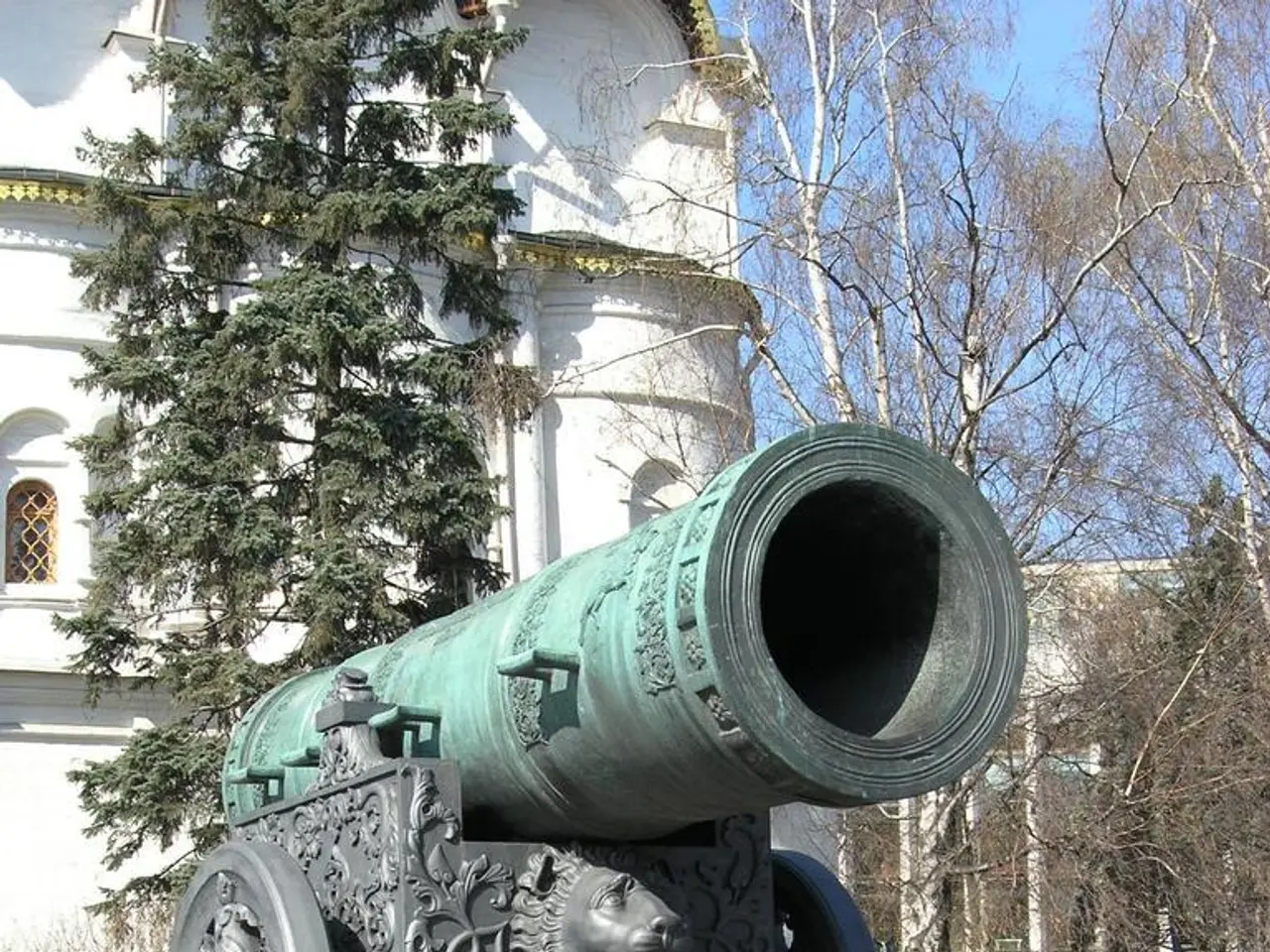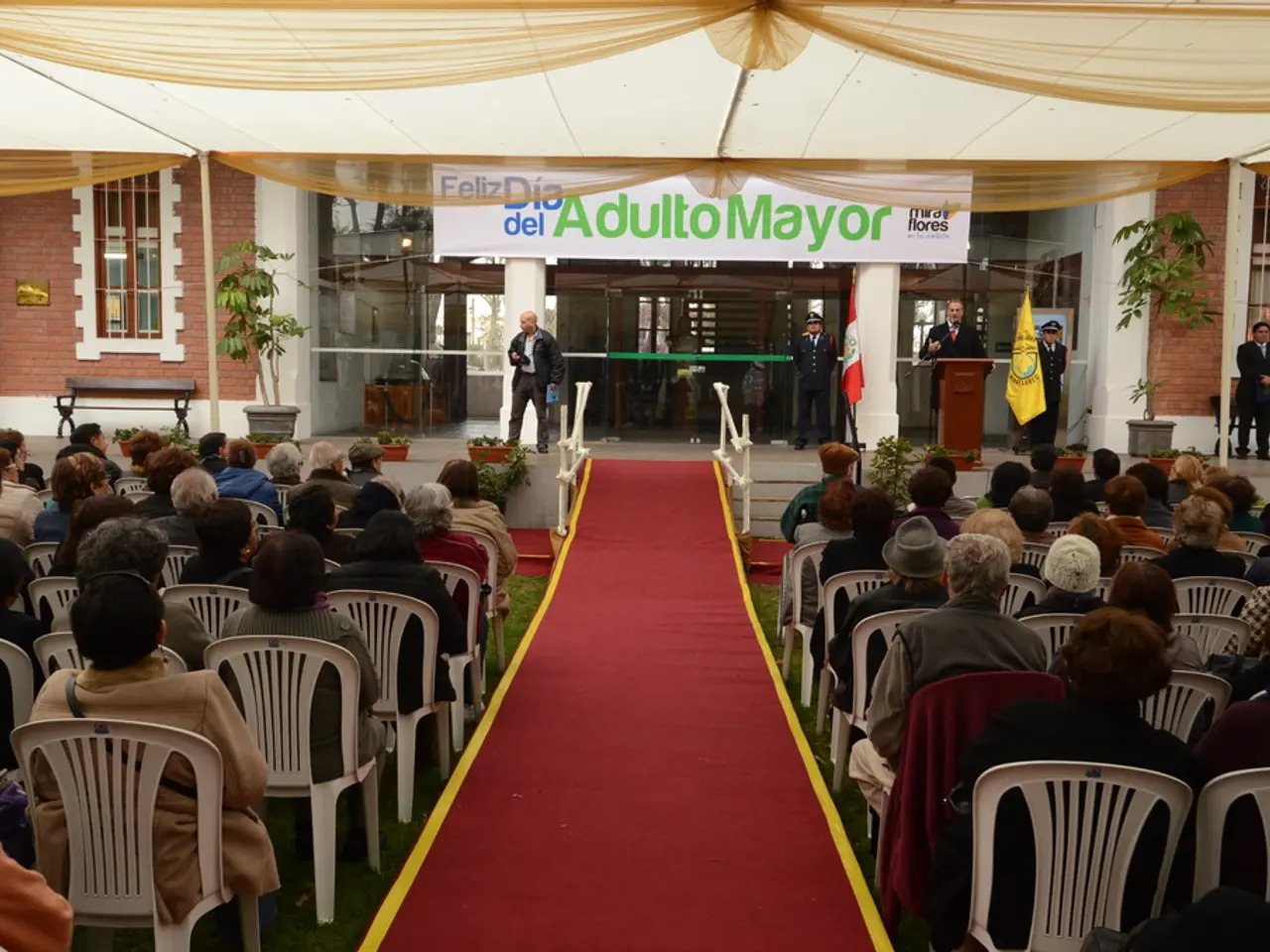Poland's newly elected President, Karol Nawrocki, swears into office
Karol Nawrocki, a 42-year-old historian and native of Gdansk, was sworn in as the new president of Poland today. Nawrocki, a fan of former U.S. President Donald Trump, emerged victorious from the runoff election on June 1, narrowly defeating the pro-European candidate, Warsaw Mayor Rafal Trzaskowski.
Nawrocki's rise to power is attributed to the influential PiS leader Jaroslaw Kaczynski, although he is not formally affiliated with any political party. He represents the PiS's politics, which governed Poland from 2015 to 2023.
Nawrocki's inauguration could have significant implications for Germany and Europe. He has taken a strong stance against the current prime minister, Donald Tusk, promising to stall Tusk’s reform agenda and highlighting deep political polarization in Poland.
During his campaign, Nawrocki declared his intention to topple Tusk's government. He is expected to continue a Warsaw policy that is skeptical of Brussels and Berlin, while seeking closer alignment with the U.S. on security concerns, especially those related to Russia.
Nawrocki's platform opposes large-scale immigration and favors traditional values, reflecting a broader rightward shift among Polish public opinion and criticism of the European Union’s influence. He has praised unauthorized patrols by far-right citizen militias at the German-Polish border to stop migrants.
In foreign policy, Nawrocki is expected to continue a nationalist and conservative course, with a significant focus on maintaining and strengthening close ties with the United States. He has also demanded reparations from Germany for the damages of World War II.
Domestically, Nawrocki has emphasized patriotic and Christian values. He served as the director of the Institute of National Remembrance (IPN), similar to Germany’s former Stasi records authority, and has pledged to preserve traditional Polish values and warn against ceding competencies to the EU.
Nawrocki's statements suggest he may be more assertive than his outgoing predecessor, Andrzej Duda, in his dealings with the government. However, it is important to note that the prime minister retains most day-to-day power.
Rumors persist about Nawrocki's connections to the local underworld from his time working as a bouncer, although these have not been substantiated. Nawrocki won an amateur boxing title in his youth.
As Poland's new conservative president, Karol Nawrocki is set to lead a government with a patriotic, pro-Christian, pro-NATO, and pro-Western orientation, while opposing liberal or centrist reforms proposed by Prime Minister Donald Tusk’s government. His presidency is likely to further polarize Polish politics and challenge the status quo in Europe.
- Karol Nawrocki's immigration policy, favoring traditional values and opposing large-scale immigration, is reflective of a broader rightward shift among Polish public opinion and criticism of the European Union's influence, mirroring the war-and-conflicts and policy-and-legislation debates on this topic in general-news.
- Nawrocki's stance against Poland's current prime minister, Donald Tusk, and his intention to stall Tusk’s reform agenda, highlight the deep political polarization ingrained in Polish politics, part of the broader politics discourse.
- In foreign policy, Nawrocki plans to maintain strong ties with the United States, emphasizing nationalist and conservative viewpoints, while also demanding reparations from Germany for World War II damages – these policy decisions fall under the crime-and-justice category, given their legal and diplomatic implications.







